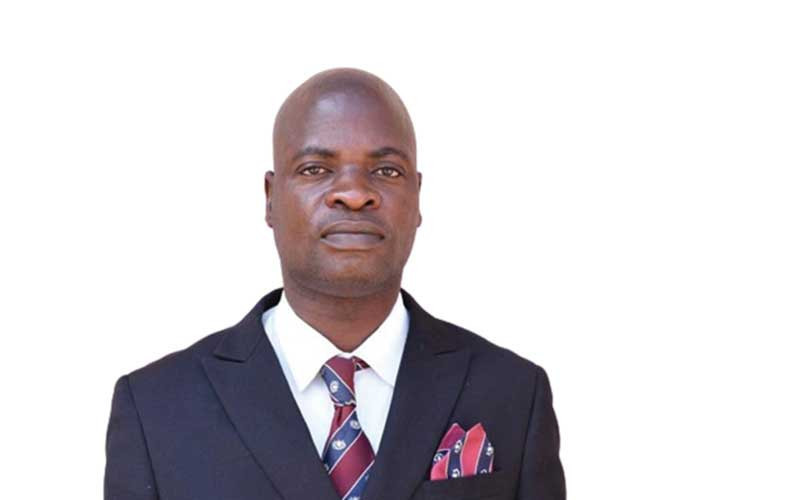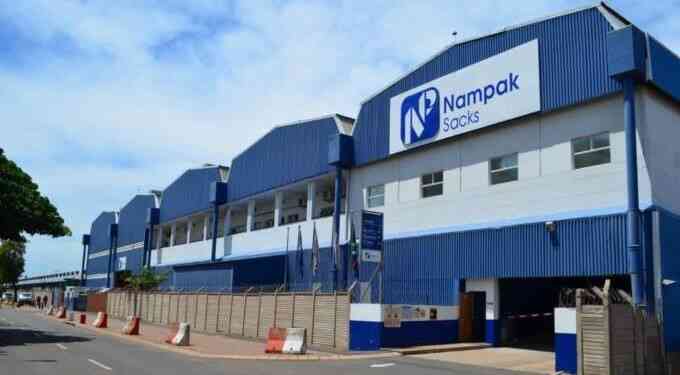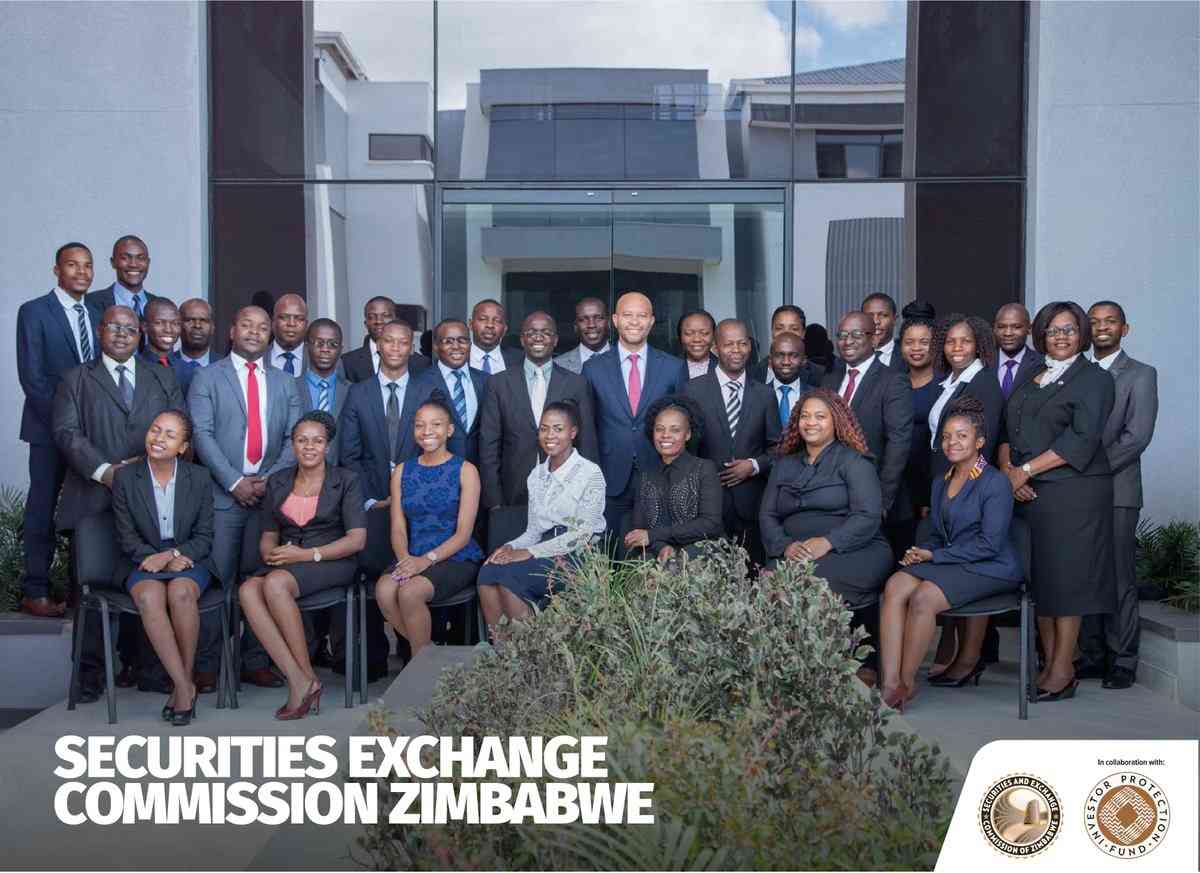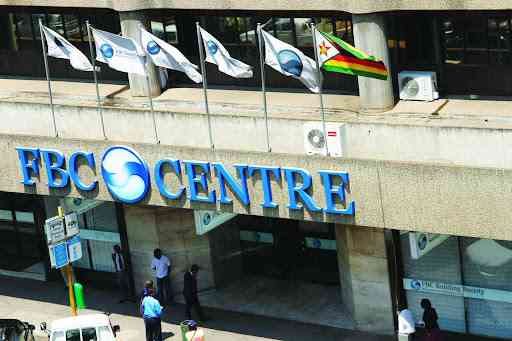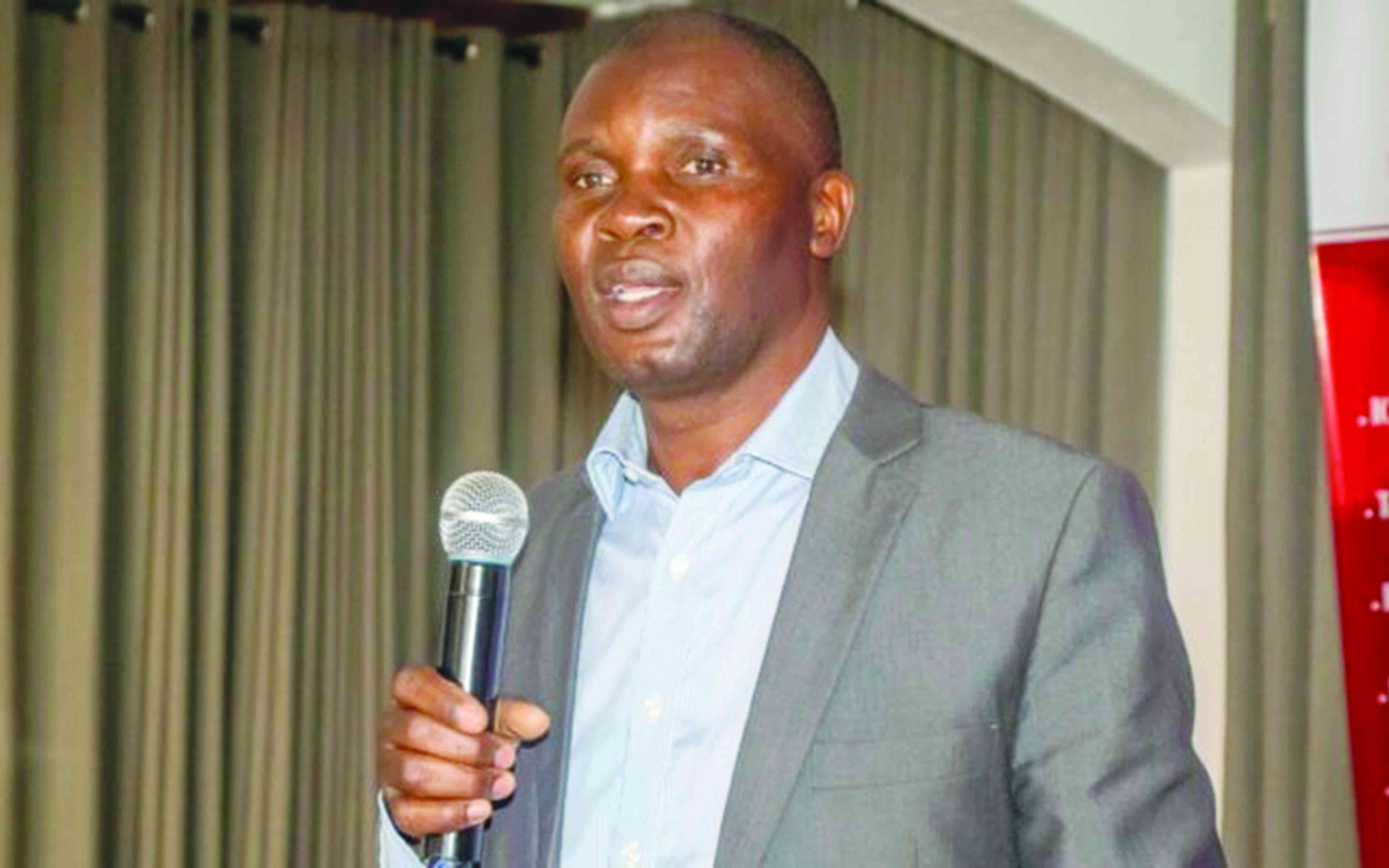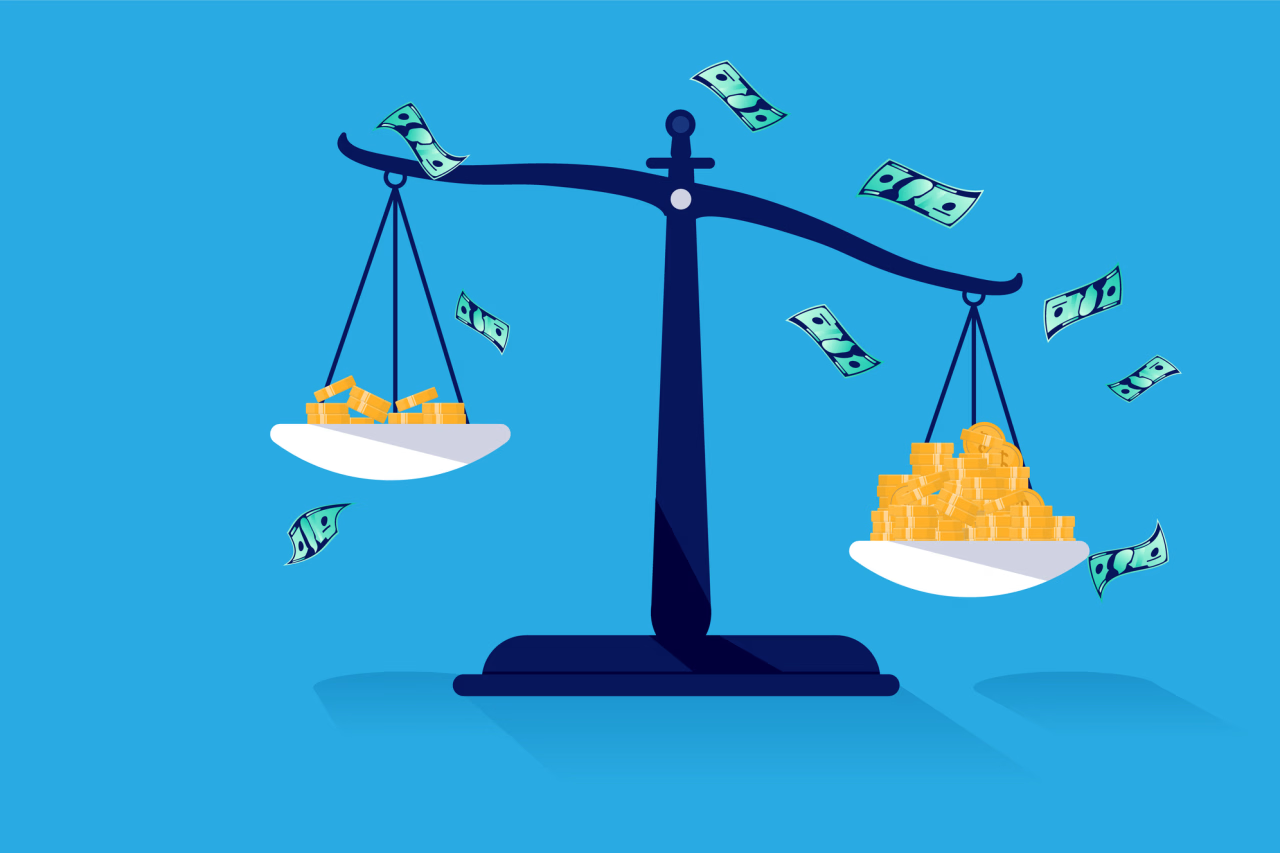
ZIMBABWE has been urged to craft a comprehensive National Inequality Strategy to tackle widening disparities in wealth and opportunity, as the country continues to rank among the most unequal nations in the world.
The call was made by International Development Finance (IDF) director and lead researcher of the report Mathew Martin during the launch of the Commitment to Reducing Inequality (CRI) Index country report for October 2025.
The CRI Index measures how effectively governments address inequality across three key pillars, which are tax justice, labour rights and public services.
The country profile is updated every two years, with Zimbabwe’s report launched for the first time through the support of IDF, Oxfam and Norwegian Church Aid.
According to the Global CRI index, Zimbabwe is ranked 160 out of 164 countries. with South Africa and Botswana ranked 33 and 82, respectively.
Martin insists that a national strategy would help Zimbabwe align inequality reduction efforts with its broader development agenda.
“As you have heard, the key recommendation is to design a national strategy to cut inequality as part of the nation’s development strategy,” he said.
“That could help to reduce inequality to moderate levels in line with World Bank targets by about one-third and to have a clear, time-bound target to ensure the goal is reached.”
- Africa Data Centres announces construction of new facility in Accra, Ghana
- Inequality troubles global body
Keep Reading
Zimbabwe is expected to launch the National Development Strategy 2 (NDS2) in 2026, which the government says aims to address inequality through sustainable economic growth, infrastructure development and improved livelihoods.
However, experts say these ambitions must be backed by deliberate and measurable inequality reduction policies.
Martin further urged the international community to assist Zimbabwe in developing a National Inequality Action Plan, to ensure policies on economic growth and social protection translate into real gains for the poor and marginalised.
According to the World Bank, inequality extends beyond poverty, encompassing disparities in social status, wealth and access to opportunities between individuals or groups.
At the same launch event, Zimbabwe Coalition on Debt and Development (Zimcodd) director John Maketo decried the extent of wealth concentration in the country, warning that inequality had become a defining feature of Zimbabwe’s economy.
“Inequality is not just an abstract conversation, it’s a lived reality in Zimbabwe, in the region of Southern Africa, and across the world,” he said.
“The report being launched here reveals Zimbabwe is consistently ranked among the most unequal countries globally, with the Gini Index exceeding 0,6.
“The richest 10% capture more than half of national income, while the poorest 50% share a mere 12%,” Maketo said.
He added that Zimbabwe’s fiscal system has done little to correct these imbalances.
“Already this figure portrays a very glaring picture. The public spending in Zimbabwe reduces inequality by just 1% and one of the lowest impacts in the world,” Maketo said.
Despite the government’s commitment to achieving the 17 Sustainable Development Goals (SDGs), the report notes Zimbabwe is struggling to make progress on SDG 10, which focuses on reducing inequality within and among countries.

